Law and the Restoration: Law and Latter-day Saint History
$34.95
Now available in paperback, hardcover, and ebook.
- “A thought-provoking pleasure to read.” — Kathleen Flake
- “In this engaging and informative collection of essays, Nathan Oman inducts readers into a new vision of religion, and particularly The Church of Jesus Christ of Latter-day Saints.” — Samuel D. Brunson
- “A thoughtful, careful, often provocative approach to reading and interpreting Latter-day Saint history, thought, practice, and scripture.” — Association for Mormon Letters

Companion volume:
Law and the Restoration: Law and Latter-day Saint Thought and Scripture



Available in ebook for Kindle, Apple, Google Play, and, Kobo.
Also available through Amazon.
Download a free sample preview.
Book Description:
Law and the Restoration: Law and Latter-day Saint History is a profound exploration of the intricate legal history of The Church of Jesus Christ of Latter-day Saints. In this first of two volumes, Nathan B. Oman delves into the unique intersection of law and religion, uncovering how legal frameworks have shaped and been shaped by the experiences of Latter-day Saints. Through a series of meticulously researched essays, Oman reveals the profound impact of legal conflicts and developments on the growth and identity of the Church. From the early struggles for legal recognition and the battles over polygamy to the establishment of corporate entities and the role of religious courts, this book offers a comprehensive and enlightening narrative of the Church's legal journey.
Oman's scholarly work extends beyond mere historical recounting; it situates the Mormon legal experience within the broader context of American legal history. By examining the ways in which the Latter-day Saints navigated the legal challenges posed by a predominantly Protestant legal system, Oman provides invaluable insights into the broader themes of religious freedom, church-state relations, and legal pluralism. Each chapter is a testament to the resilience and adaptability of the Church, highlighting pivotal moments and key figures who influenced its legal standing.
Comprehensive Table of Contents:
.
Preface
Notes
1. Three Generations of Mormon Legal History
Introduction
A Brief History of Mormonism and its Historians
The Possibilities of Mormon Legal History
First Generation Mormon Legal History
Second Generation Mormon Legal History
Third Generation Mormon Legal History
Conclusion
Notes
2. Preaching in the Courthouse and Judging in the Temple
I. The Rise of the Mormon Judiciary: 1526–1886
II. Suing Before the Ungodly and Suing Before the Church
III. “Lawyers of their Own” and the Decline of the Mormon Courts
IV. Conclusion
Notes
3. “Established Agreeable to the Laws of Our Country”: Mormonism, Church Corporations, and the Long Legacy of America’s First Disestablishment
I. Introduction
II. The Legacy of America’s First Disestablishment
III. Joseph Smith and the Search for Legal Personality
IV. Legal Personality and the Battle with the Federal Government
V. Legal Personality in the Twentieth Century
VII. Conclusion
Notes
4. “We the People of the Kingdom of God”: Mormon Constitution-Making and the Council of Fifty
The Constitution in Joseph Smith’s Revelations and Early Mormon Experience
The Written Constitution of the Kingdom of God
Joseph Smith’s Final Constitutional Revelation
Conclusion
Notes
5. Natural Law and the Rhetoric of Empire: Reynolds v. United States, Polygamy, and Imperialism
Introduction
I. Mormon Polygamy and Natural Law at the Supreme Court
II. Imperialism and the Rejection of Natural Law in Reynolds
III. The Afterlife of the Imperial Rhetoric in Reynolds
Conclusion
Notes
6. Salt, Smurthwaite, and Smith: The Origins of the Modern Legal Identity of The Church of Jesus Christ of Latter-day Saints
A Brief History of the Church as a Legal Entity to 1905
Salt and Smurthwaite
Going to Law
The Legal Arguments
Aftermath
Notes
7. Time, Eternity, and Real Estate: Mormon Law in Secular Court and the Opacity of Religion
I. Introduction
II. The Law and Religion of Marriage in Early Utah
III. The Love Story of Annie and John
IV. Hilton v. Roylance
V. Law and the Opacity of Religion
VI. Conclusion
Notes
8. “The Blessing That’s Anticipated Here Will Be Realized in the Next Life”: The Development of Modern Latter-day Saint Marital Sealing Rules
Law and Early Twentieth Century Sealing Rules
Changing Theologies and the First Modern Sealing Rules
New Rules in a New Century
Twentieth-Century Shifts in Rules and Theology
Recent Developments and Future Prospects
Conclusion
Notes
9. International Legal Experience and the Mormon Theology of the State, 1945–2012
I. Introduction
II. The International Expansion of Mormonism Since 1945
III. Legal Challenges and International Expansion
IV. Law and the Mormon Theology of the State
V. Conclusion
Notes
Praise for Law and Latter-day Saint History:
“Unlike most discussions of the intersection of law and religion, these essays manage to give each subject its due without diminishing the other. Consequently, their insight exceeds their denominational setting, escaping its apologetic limits and illuminating more than Mormon legal history. Collectively, these essays show the variety of means by which law does (and arguably must) regulate religion, notwithstanding constitutional disestablishment. No less, they show how religion makes use of law, even shapes law, to keep itself religious within a secular environment. Having used them in the classroom, as well as for my own education, I can recommend them to the general and academic reader alike for their insight, clarity, and wit. They are a thought-provoking pleasure to read.” — Kathleen Flake, author of The Politics of Religious Identity: the Seating of Senator Reed Smoot, Mormon Apostle
“In this engaging and informative collection of essays, Nathan Oman inducts readers into a new vision of religion, and particularly The Church of Jesus Christ of Latter-day Saints. Law—and the Church’s interaction with law—have helped to shape the LDS Church in ways that have previously flown under scholars’ radar. Here, though, Oman leads us through questions of contract, real estate, incorporation, and even marriage. We see law and religion, not as antagonists separated by a metaphorical wall, but as fellow-travelers, progressing and changing in tandem.” — Samuel D. Brunson, author of God and the IRS: Accommodating Religious Practice in United States Tax Law
“A thoughtful, careful, often provocative approach to reading and interpreting Latter-day Saint history, thought, practice, and scripture. . . . I could cite countless observations, interpretations, and other fascinating or provocative tidbits from these books. They are chockful of them, as befits the clear, careful, precise thinking that they demonstrate. I hope that many more disciples, scholars, and disciple-scholars find their way to these two volumes of Nathan B. Oman’s Law and the Restoration.” — Conor Hilton, Association for Mormon Letters
About the Author:

Nathan B. Oman is the Rita Anne Rollins Professor at William & Mary Law School, located in Williamsburg, Virginia, where he has been a member of the faculty since 2006. Prior to becoming a professor, Oman practiced law in Washington DC, clerked for Judge Morris Shepard Arnold of the U.S. Court of Appeals for the 8th Circuit, and worked as a staffer in the US Senate. He has been a visiting professor at Hebrew University in Jerusalem, Cornell Law School, and the University of Richmond Law School. He is married to Heather Bennett Oman. They have two children and live in James City County, Virginia.
More Information:
382 pages
ISBN: 978-1-58958-796-0 (paperback); 978-1-58958-810-3 (hardcover)

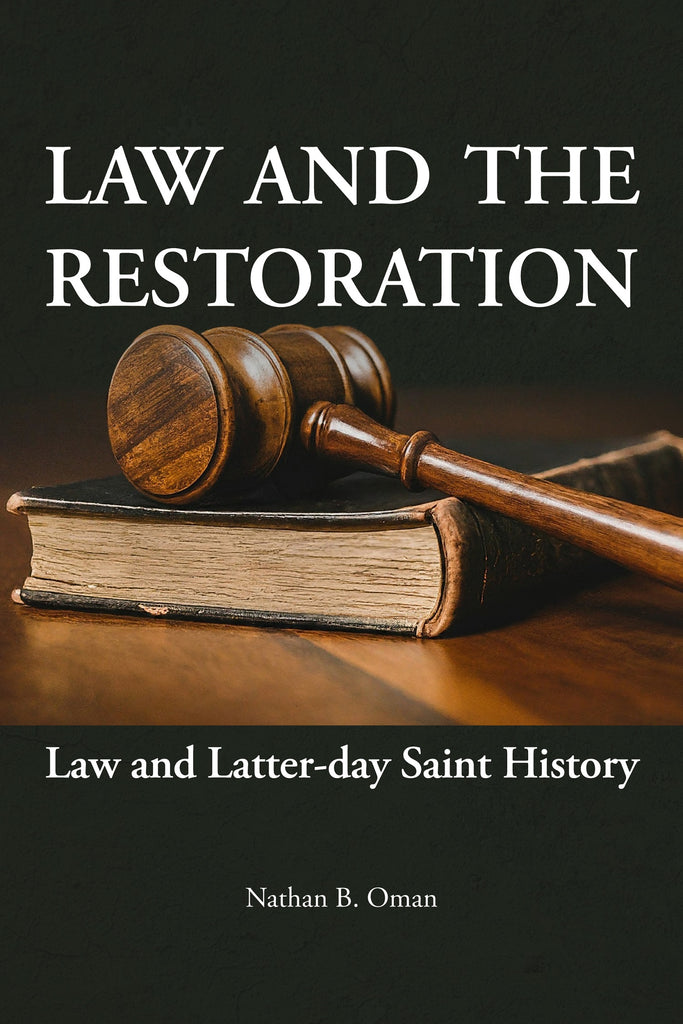


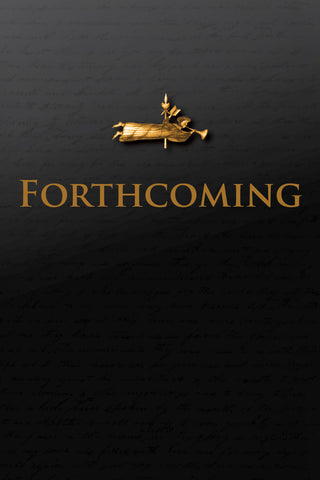
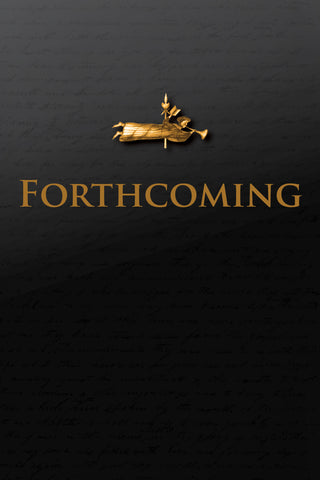
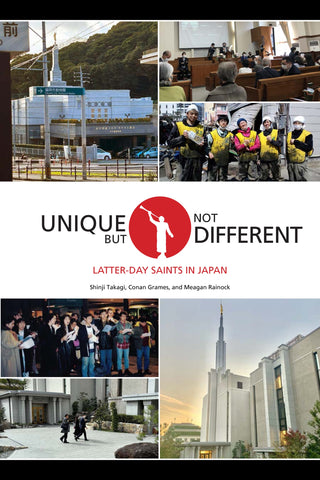
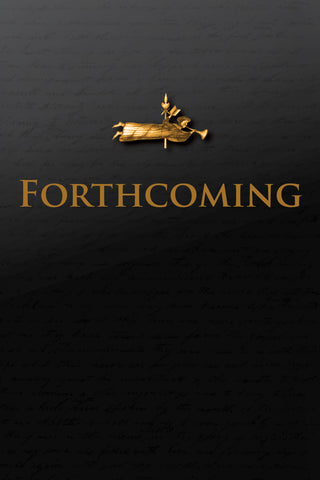
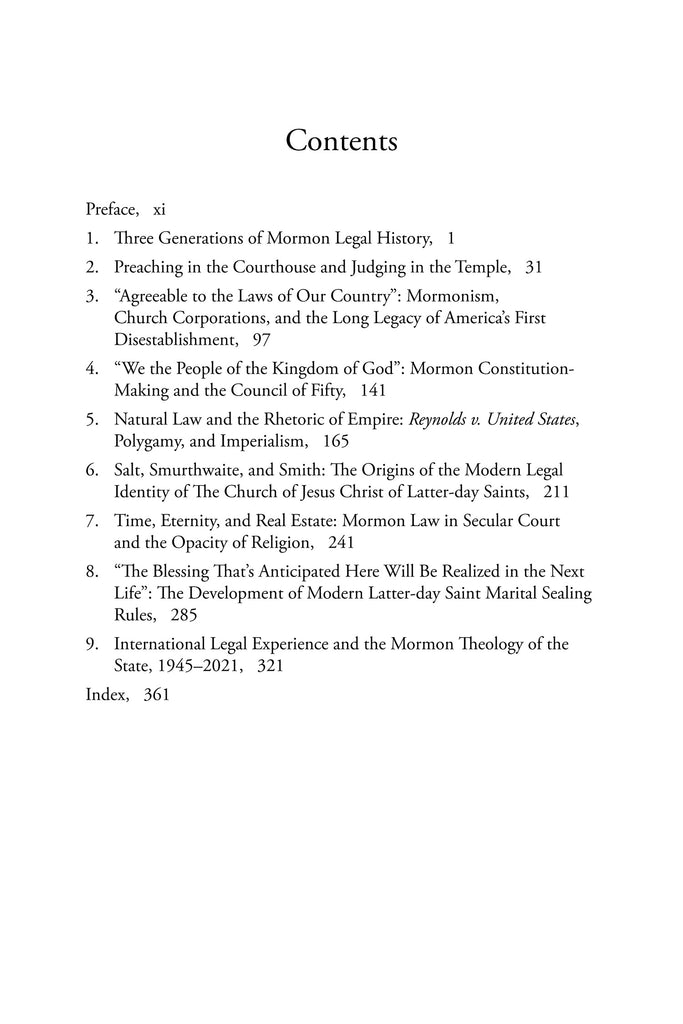
Share this item: